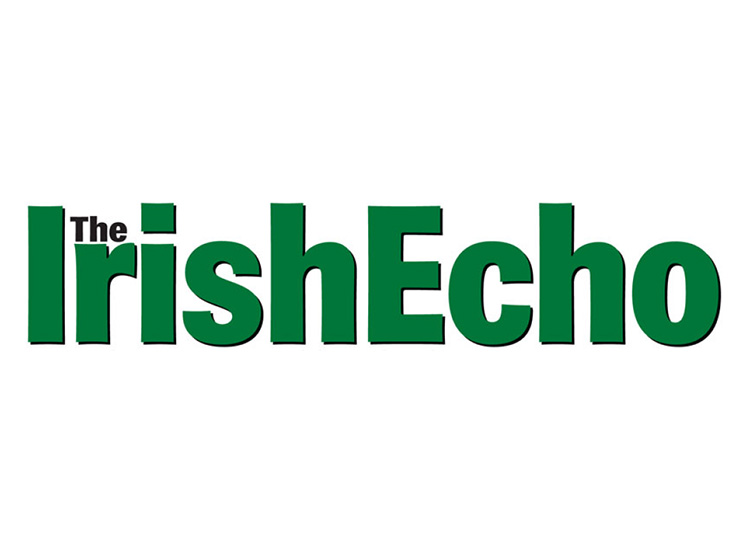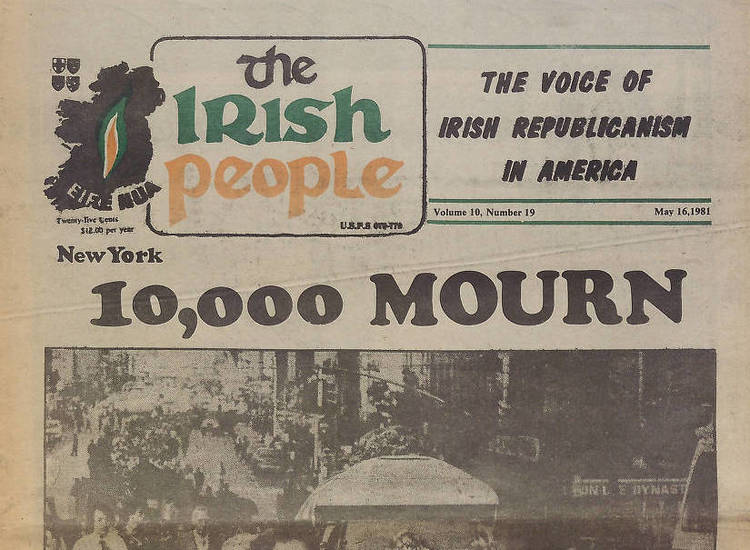Between the Lines / By Peter McDermott
In an article last week, the New York Times referred to a team named “Sunderland United.” That to a soccer fan grates as much as the “Yankee White Sox” would to a devotee of baseball. Maybe the writer thought he was as likely to be right as wrong. In fact, there are only three Uniteds in the 20-club Premier League: West Ham, Newcastle and leaders Manchester – though the last of those requires “United” for identification, as there is also a Manchester City, now in 2nd place. The Times did make the correction online by saying that Sunderland had been “imprecisely” named, which was itself imprecise; “inaccurately” would’ve been accurate.
In any case, the London correspondent was reporting on the controversy that blew up after the firing of manager Martin O’Neill and the hiring of Paolo Di Canio, who has alleged fascist views. The Irish Times’ long-time Rome correspondent Paddy Agnew wrote this past weekend: “His track record as a Mussolini enthusiast is long established.”
BBC Online kindly put this in some historical context for soccer fans, many of whom likely weren’t listening at school when it was covered or haven’t gotten to it yet.
“Mussolini's hard-line authoritarian rule - exemplified by his armed Blackshirts forces - stamped down on left-wing politics and democratic values,” said the Beeb, “as well as forwarding nationalistic policies which promoted Italian sovereignty and tradition.”
That’s pretty basic stuff. Well, you’d think. But in America, this is what we get from folks like Glenn Beck: liberals are bad, fascists and Nazis are bad – liberals are Nazis and fascists. Only recently, Ben Shapiro of Breitbart News labeled the Nazis a “left-wing” movement in a radio interview with Sean Hannity, which, unlike “Sunderland United,” was not an honest mistake.One might as well say Nazism was a Catholic movement. Like the church it was officially critical of both communism and capitalism, but like the church it actually didn’t do anything to seriously undermine the latter. The Nazi movement used “socialist” to try to broaden its appeal, just as the church issued “social” encyclicals. Hitler and Goebbels both were raised Catholics. And so on.
Or, you could say that the Nazis were a pagan movement because… well, actually, come to think it: yes, lots of Nazi leaders were enthusiastic, born-again pagans, rather more than were practicing Catholics. They were obsessed with “Nordic folkways” just like your neo-pagans are today. That hardly makes the two synonymous.
Last week, the Feds came calling for New York City Councilman Dan Halloran, who happens to be a neo-pagan of some sort, in addition to being a Republican. (Not that he’d listen to me – Republicans or pagans don’t usually – but I’d go the insanity route here and wear to court a set of those Viking horns my Dublin-supporting brother-in-law puts on his kids’ heads for games at Croke Park.)
Maybe it was a premonition of some sort, but last summer at a rally supporting 32-ounce sodas, Halloran appeared to reference a famous statement by anti-Nazi pastor Martin Niemöller. “When the mayor went after salt, nobody said anything,” he said. “When the mayor went after MSG, everyone was quiet. When the mayor required us to post the information about the calorie counts in everything, no one said a word. When we banned smoking inside restaurants, everyone said, ‘Hey, it’s fine.’ Well, today, it’s your soda.”
What Niemöller actually said, according to a version posted on the website of the foundation in his name, was: “First they came for the communists, and I didn't speak out because I wasn't a communist. Then they came for the socialists, and I didn't speak out because I wasn't a socialist. Then they came for the trade unionists, and I didn't speak out because I wasn't a trade unionist. Then they came for me, and there was no one left to speak for me.”
Niemöller eventually spent eight years in concentration camps, but he was one of those many Protestant churchmen who initially welcomed the Nazis as a bulwark against the liberalizing and atheistic tendencies of the Weimer Republic. On his rise to power, Hitler wrested votes from the established nationalist and conservative parties, which were disproportionately rural, middle-class and Protestant in their bases of support. However, in the Nazis’ increasingly good showing in German elections in the late 1920s and early 1930s, the two demographics that proved most obviously resistant to their charms were workers organized into unions, who loyally voted for the left-wing parties, and Catholics, who continued to back the Center Party.
We don’t the have the laws against Holocaust denial they have in some European countries, but it’s certainly considered beyond the pale of decency to deny or minimize the enormity of that crime. Shouldn’t the basic facts of the lead up to that chapter in world history be sacrosanct – while allowing for differences in emphasis and interpretation, which is the stuff of historical writing and debate? Have our culture and media become so debased that someone like Shapiro can treat the 1920s and 1930s as a blank slate for purely propagandistic ends?
Perhaps, more generally, we can’t do much about the trivialization of 20th century history, but it gets to a point when it just becomes ridiculous, as with the above-mentioned Big Gulp controversy. Either implicitly (again, see above) or explicitly, Mayor Bloomberg, who was born to a Jewish family during World War II, got called a Nazi by people angry that they had to buy two 16-ounce sodas instead of a 32-ounce. Go figure.









